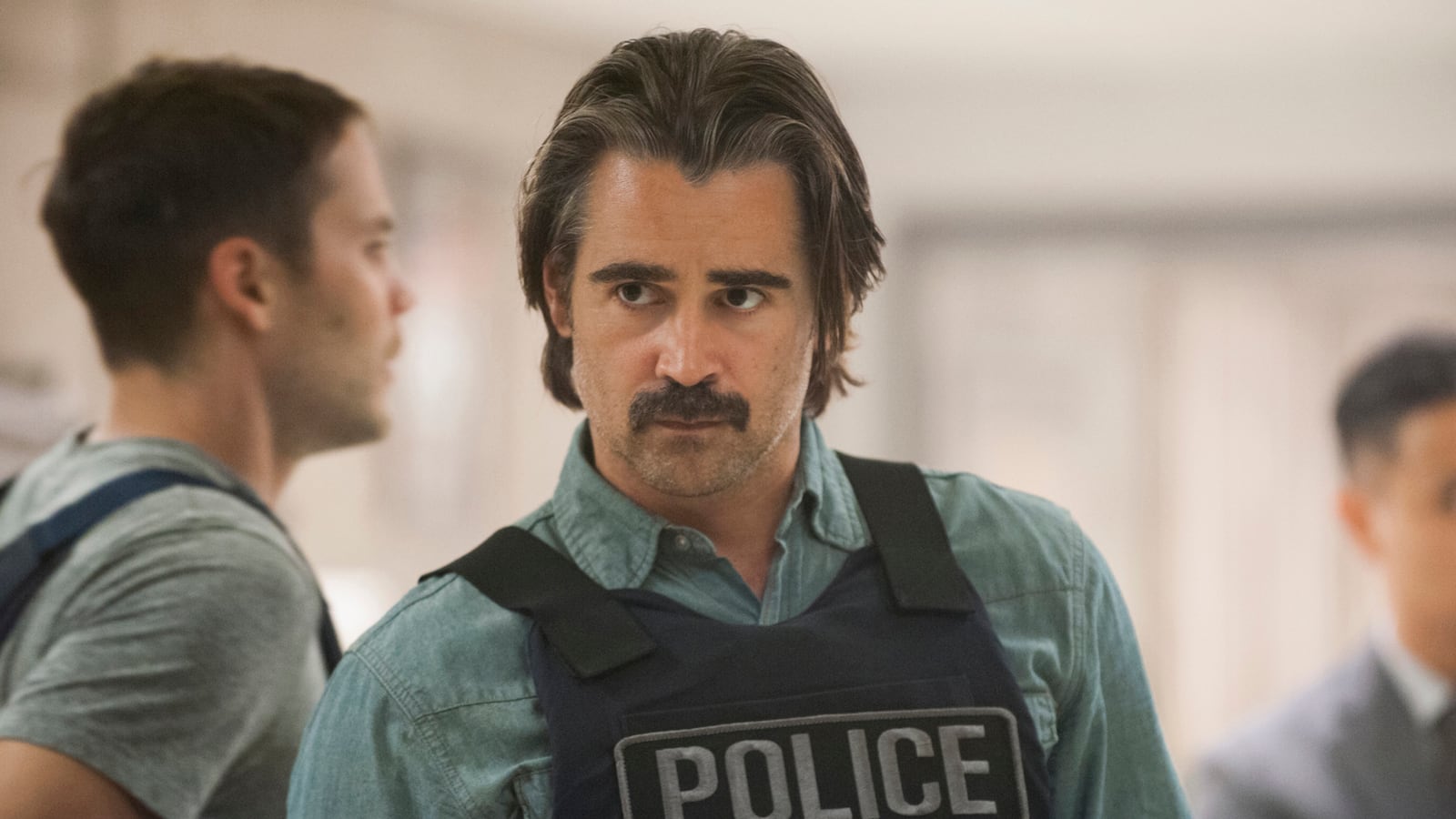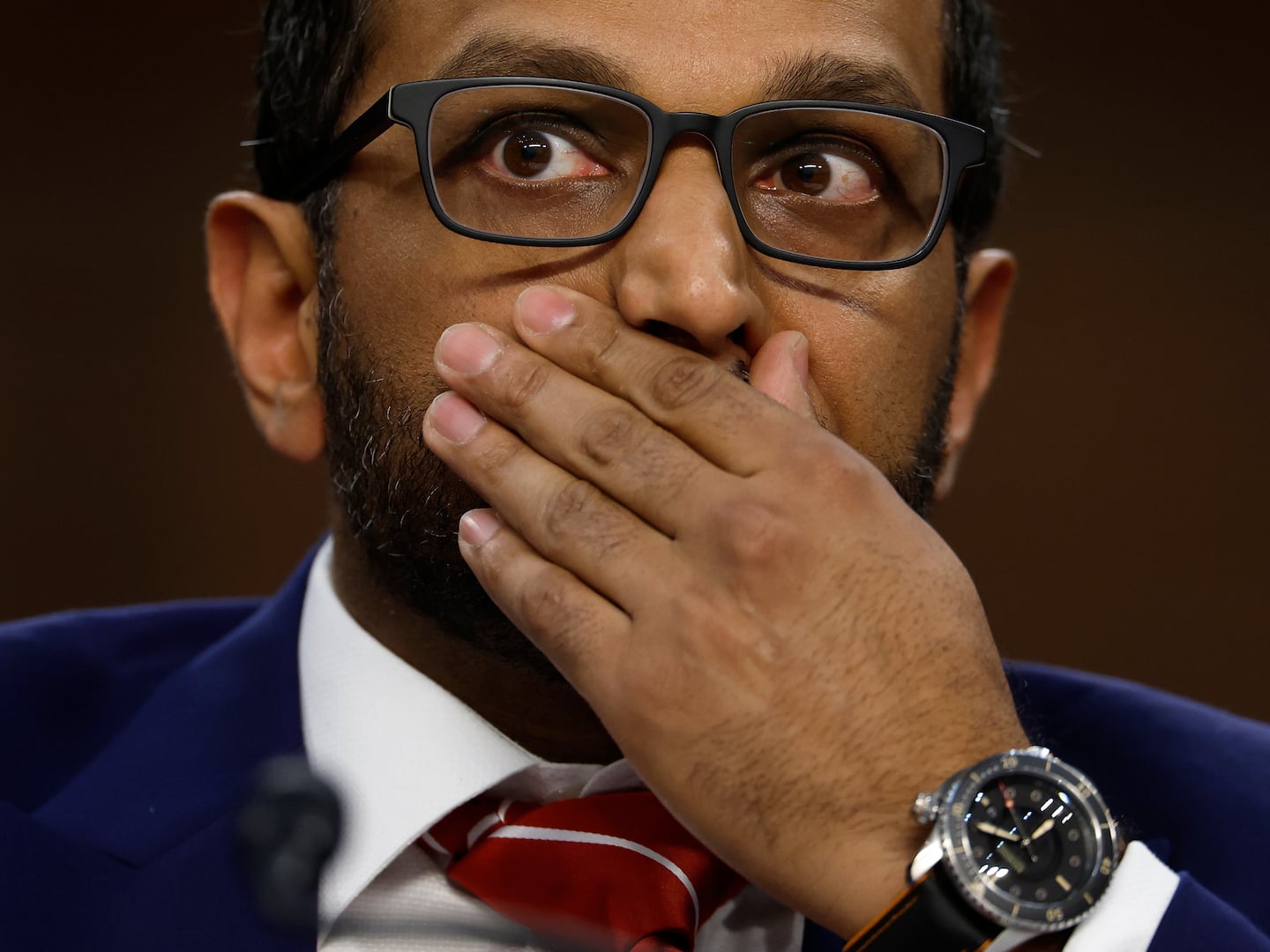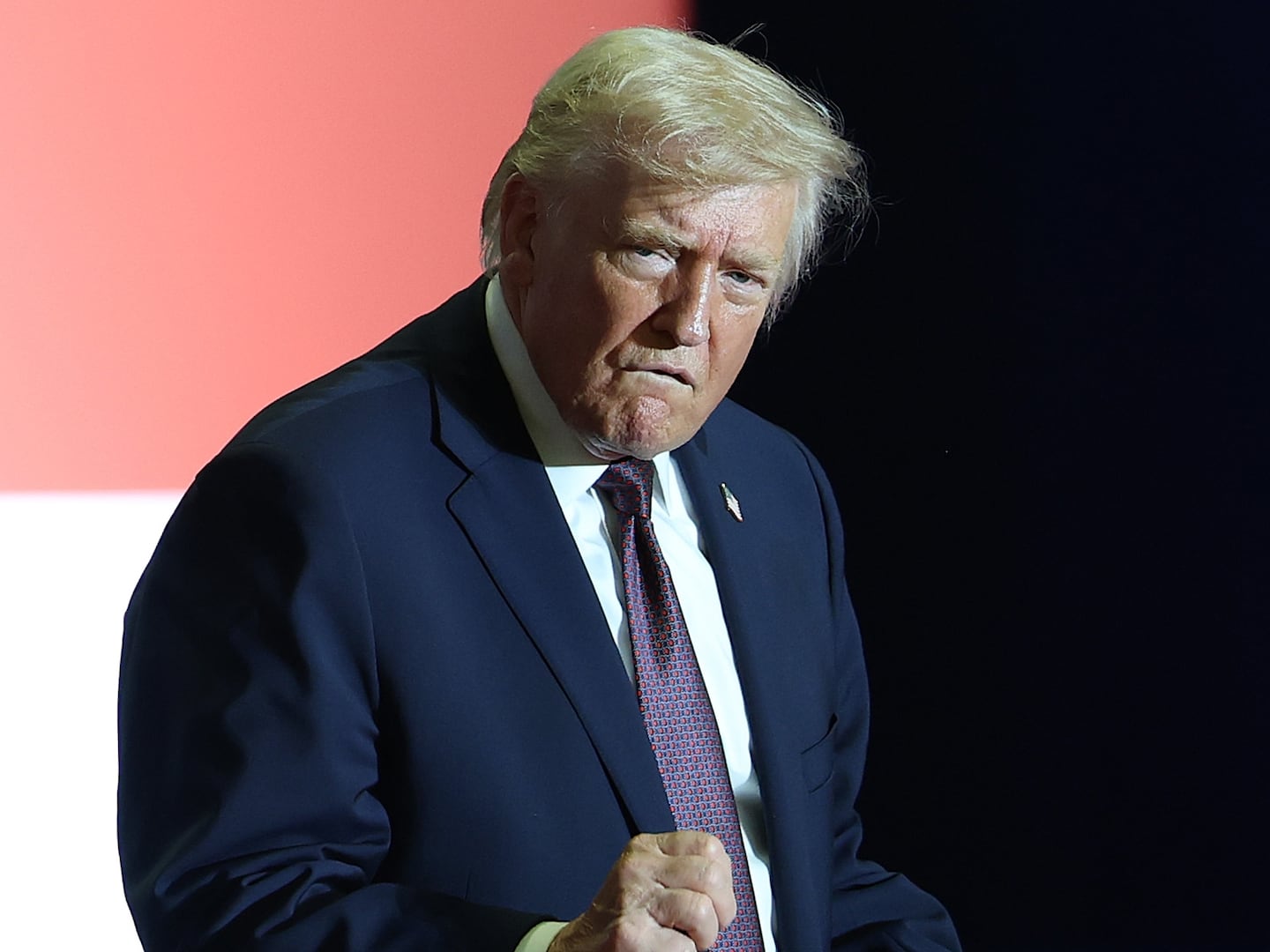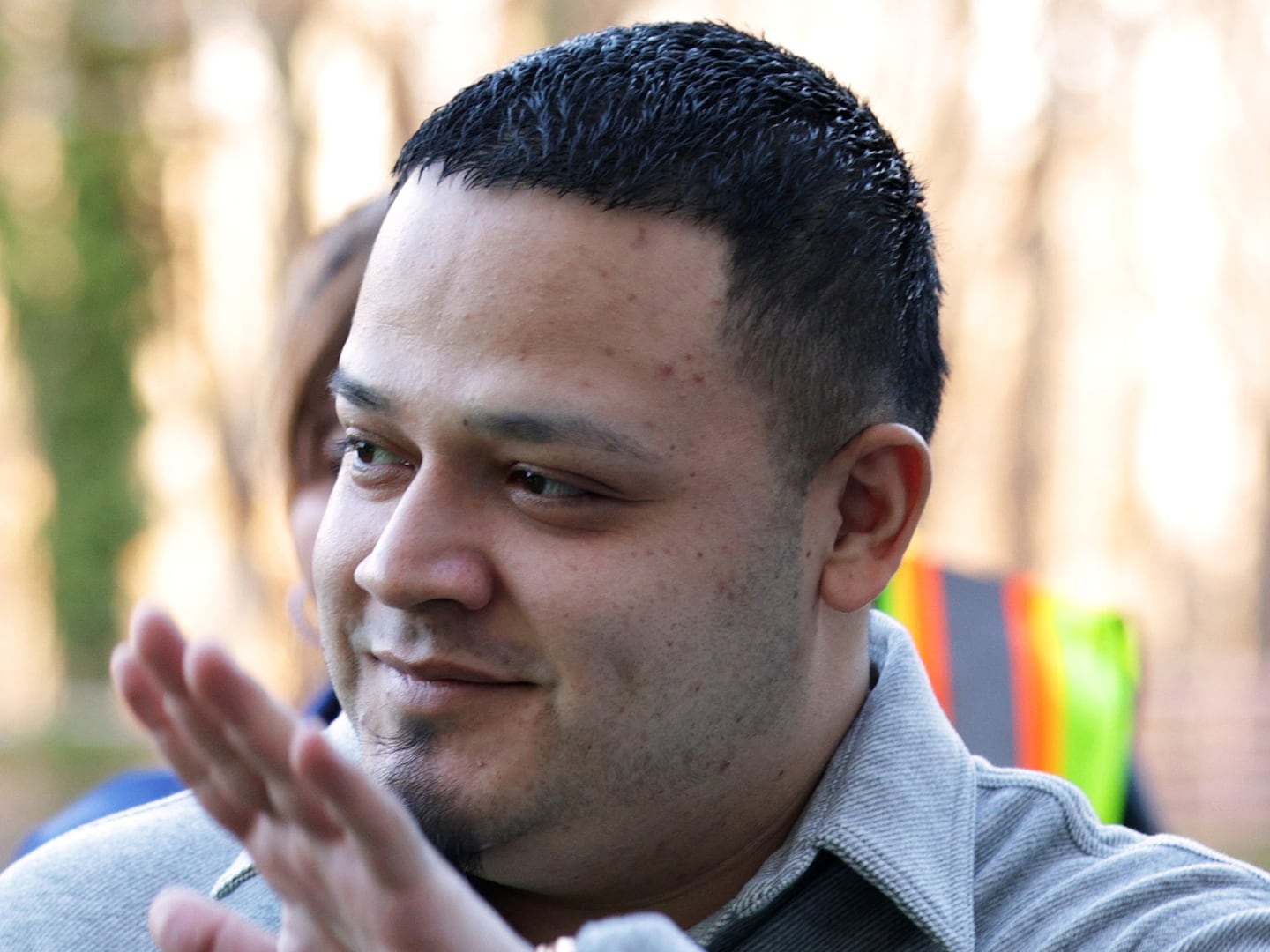When True Detective returns for its second season this Sunday, it won’t be ushering in any sort of McConaughey-style renaissance—and that’s because its new star, Colin Farrell, needs no such rebirth.
Since his breakthrough in Joel Schumacher’s 2000 Vietnam drama Tigerland, Farrell has been one of Hollywood’s most daring headliners, an actor equally comfortable working in blockbuster extravaganzas, genre works, and auteurist dramas. Having already participated in three of the last decade’s finest works (Minority Report, The New World, Miami Vice), it’s no surprise that HBO has turned to him to keep its red-hot series afloat, since more than any of his contemporaries, Farrell is one of the most versatile and compelling leading men working in mainstream cinema today.
Yes, that’s a bold statement, what with Christian Bale, Bradley Cooper, Chris Pratt, Robert Downey Jr., Tom Cruise, Matthew McConaughey, and many, many more vying for the crown of biggest male movie star. Yet with the possible exception of Bale (and Cruise), no actor of Farrell’s caliber has so dedicated himself to working with a variety of auteurs on projects that appeal to a wide audience and yet also take idiosyncratic risks. Although much attention has, historically speaking, been paid to Farrell’s tabloid-friendly antics, thanks in large part to his fondness for heavy drinking and beautiful women (culminating with an infamous 2006 sex tape that never saw the light of day), the effect has been to overshadow a career that’s marked by a series of rousing collaborations with artists intent on inspiring him in unique, rewarding ways.
Such a path didn’t seem preordained when Farrell first hit it big with critics with Tigerland, as he directly parlayed that sterling performance—as an anti-war soldier compelled to help his fellow recruits escape combat duty—into roles that sought to make him the Next Big Thing. His turn as Jesse James in the forgettable American Outlaws is one solely predicated on his charm, and his attempts to go toe-to-toe with A-listers Bruce Willis (2002’s Hart’s War) and Al Pacino (2003’s The Recruit) are undone less by his ability than by subpar material that gave him little to do. And while he certainly has much to contend with in 2003’s Daredevil, his campy, over-the-top scenery-chewing as bald-headed, sharpshooting villain Bullseye is squandered on a film blind (pun intended!) to its own awfulness.
Nonetheless, even in those early efforts, Farrell’s acting chops are unmistakable. His second collaboration with Schumacher, Phone Booth, is a one-trick thriller, but the actor conveys so much frazzled, panicky desperation and energy that he almost singlehandedly makes the proceedings suspenseful. More impressive still, he emanates just the right measure of menacing poise as a futuristic investigator tasked with tracking down one of his rebellious own (Tom Cruise) in Steven Spielberg’s Minority Report. That sci-fi gem was the first sign that Farrell’s primary motivation wasn’t being a given film’s marquee name, but working with the medium’s most inventive artists—a concern that would soon come to define his canon.
After a superb supporting part in the nasty Irish indie Intermission and an under-heralded lead performance in A Home at the End of the World, Farrell’s next three works were helmed by American directorial titans. Though something of a box-office disappointment upon its initial 2004 release, Alexander found Farrell striking a regal pose as Alexander the Great. Especially in its subsequent, Stone-approved alternate home video cuts, the star exudes the type of imperial force-of-personality required by such a grand historical epic, even as he embraces the iconic ruler’s more intimate (and, at the time of the film’s release, controversial) homosexual inclinations. Farrell’s comfort with roles that ask him to substitute his natural swagger with complex sensitivity is even more apparent in Terrence Malick’s The New World, as he plays John Smith as an explorer whose quest is, ultimately, more spiritual and emotional than literal. Expressing a stark, startling range of emotions via little dialogue, Farrell is a marvel in Malick’s 2005 masterpiece, radiating a sense of longing, confusion, and craving for love (and transcendence) that ably complements the director’s awe-inspiring visuals.
If The New World definitively proved that Farrell was more than just a pretty face coasting by on his charisma, 2006’s Miami Vice reconfirmed that, when called upon to deliver macho sexuality in a man’s-man vehicle, he was more than up to the task—even as his work in Michael Mann’s stellar big-screen adaptation of his ’80s TV show further showed that, at his most rugged, Farrell was a soulful tough guy.
Then again, he could also be a funny one. His work as a criminal in both Woody Allen’s Cassandra’s Dream and Martin McDonagh’s In Bruges (the latter of which earned him a Golden Globe award for Best Actor in a Comedy) allowed Farrell to color familiar parts with a slyness and sarcastic sense of humor. His knack for deft goofiness ultimately led Farrell to co-star in (and steal) 2011’s Horrible Bosses and McDonagh’s In Bruges follow-up Seven Psychopaths. Yet never one to maintain a straight-and-narrow course, those latter comedy roles came only after he’d brought poignant romanticism to Neil Jordan’s 2010 fairy tale Ondine, roughneck nastiness to Peter Weir’s 2010 WWII odyssey The Way Back, and seductive bloodsucker ferocity to the far-better-than-you-might-imagine 2011 Fright Night remake.
Like most, Farrell’s had his share of missteps: 2008’s Pride and Glory is a dull snooze, 2012’s Total Recall is a superfluous do-over, and 2014’s Winter’s Tale…well, the less said about that misbegotten period-fantasy (in which he rides a flying Pegasus), the better. Even those failures, however, are examples of Farrell’s unwavering desire to exit his comfort zone and tackle roles for which few would immediately think him suitable. The same can be said about last year’s Miss Julie, a gripping adaptation of August Strindberg’s 1888 play, which pitted him opposite Jessica Chastain. And it’s also true of The Lobster, the latest out-there drama from acclaimed Greek director Yorgos Lanthimos (Dogtooth), which premiered to raves at this past Cannes Film Festival, and which finds him playing a man in a near-future where people must find love or be transformed into the animals of their choice.
In light of so many disparate projects, his decision to follow McConaughey’s lead and tackle True Detective alongside big-name castmates (Vince Vaughn, Rachel McAdams, Taylor Kitsch) is less an indication that he needs critical resuscitation than it is proof that no other mainstream Hollywood actor welcomes a challenge more than Colin Farrell. When he (and his glorious cop mustache) debut on HBO this weekend, don’t call it a comeback; call it a continuation of an increasingly bold, peerless career.






